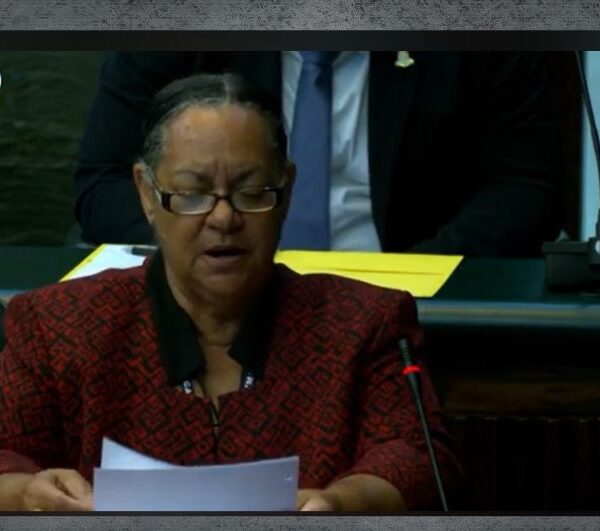
|
Getting your Trinity Audio player ready...
|
By ChatGPT
In the realm of political discourse, promises are made, alliances are forged, and agendas are set. However, a recurring theme that has sparked widespread criticism and discontent is the tendency of politicians to prioritize wealthy individuals and large corporations over lower-income communities. The disparity in attention and incentives allocated to these two distinct groups has raised questions about fairness, equity, and social justice in the political landscape.
While politicians often advocate for policies that promise to benefit all citizens, the reality on the ground paints a different picture. Lower-income communities, plagued by issues such as inadequate access to quality education, healthcare, affordable housing, and job opportunities, are frequently left underserved and marginalized. Promises to address these pressing concerns are made during election campaigns, only to be sidelined or diluted once politicians assume office.
On the other hand, wealthy individuals and large corporations are often the recipients of various incentives, tax breaks, and subsidies that are designed to stimulate economic growth and job creation. While the rationale behind these incentives is to attract investment, spur innovation, and boost economic development, critics argue that they disproportionately benefit the already privileged few at the expense of the broader population.
One key factor contributing to this disparity is the influence of money in politics. Political campaigns are increasingly fueled by large donations from wealthy donors and corporate interests, leading to a system where politicians may feel indebted to these contributors and prioritize their interests over those of the general public. This dynamic can create a vicious cycle where policies are crafted to serve the needs of the affluent, perpetuating income inequality and widening the gap between the haves and the have-nots.
Moreover, the lack of political representation and advocacy for lower-income communities further exacerbates their marginalization. Without a strong voice in the corridors of power, these communities struggle to make their concerns heard and their needs addressed. As a result, they are often overlooked in policy discussions and decision-making processes, leading to a perpetuation of systemic inequities and injustices.
In order to address these systemic issues and create a more equitable society, there is a pressing need for political reform that prioritizes the needs of all citizens, regardless of their socio-economic status. This includes campaign finance reform to reduce the influence of money in politics, increased representation of marginalized communities in decision-making bodies, and a reorientation of policy priorities towards addressing the root causes of poverty and inequality.
Ultimately, the disparity in political promises and incentives reflects a broader societal challenge of confronting and dismantling structures of privilege and power that perpetuate inequality. By holding politicians accountable, advocating for the needs of marginalized communities, and pushing for systemic change, we can strive towards a more just and inclusive society where all individuals have an equal opportunity to thrive and succeed.







